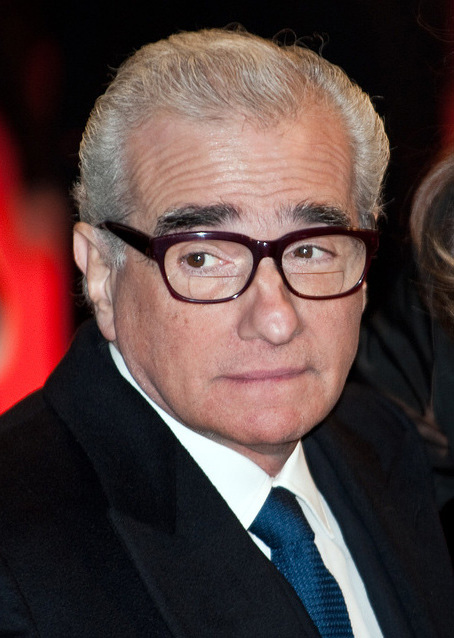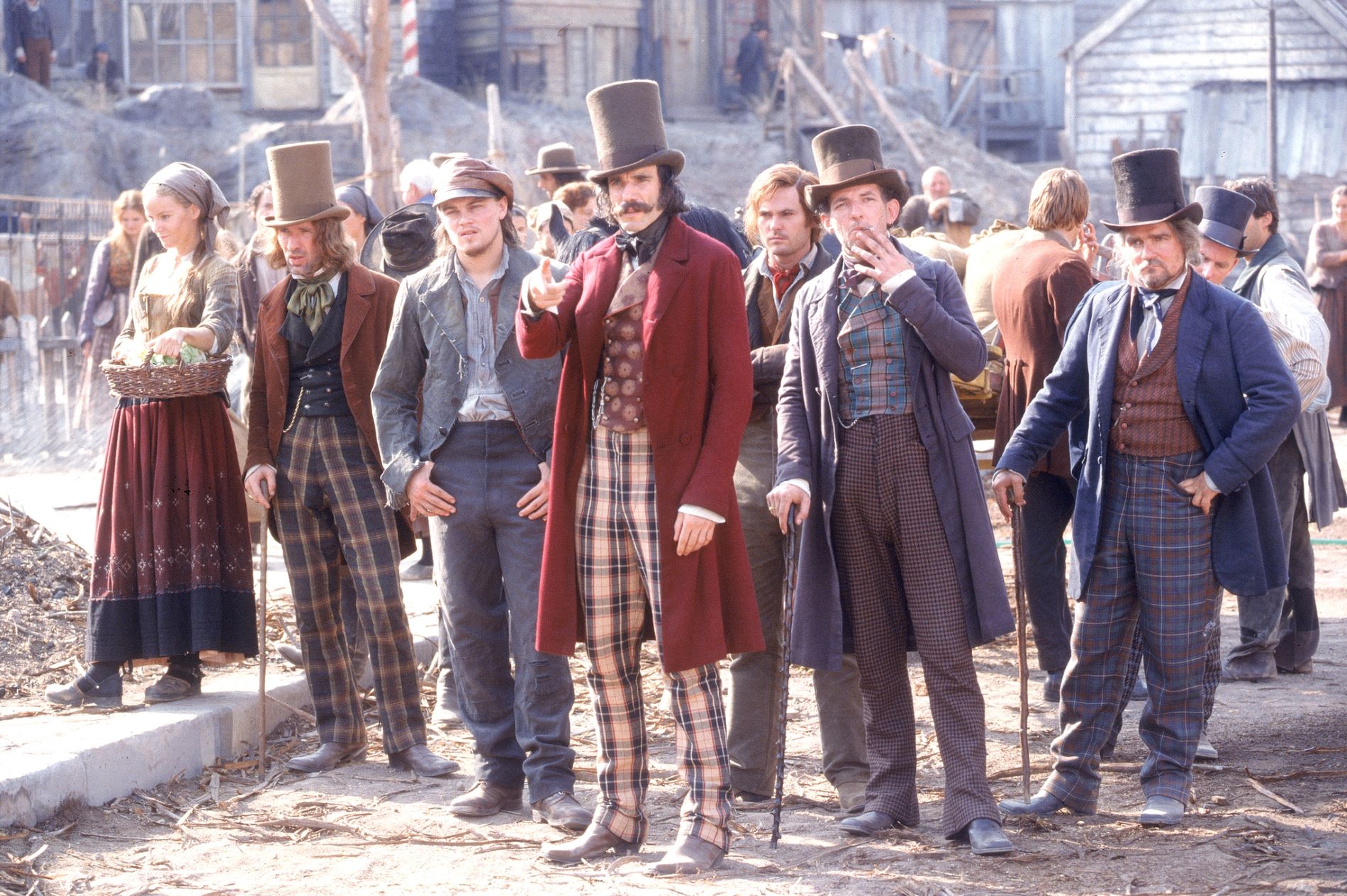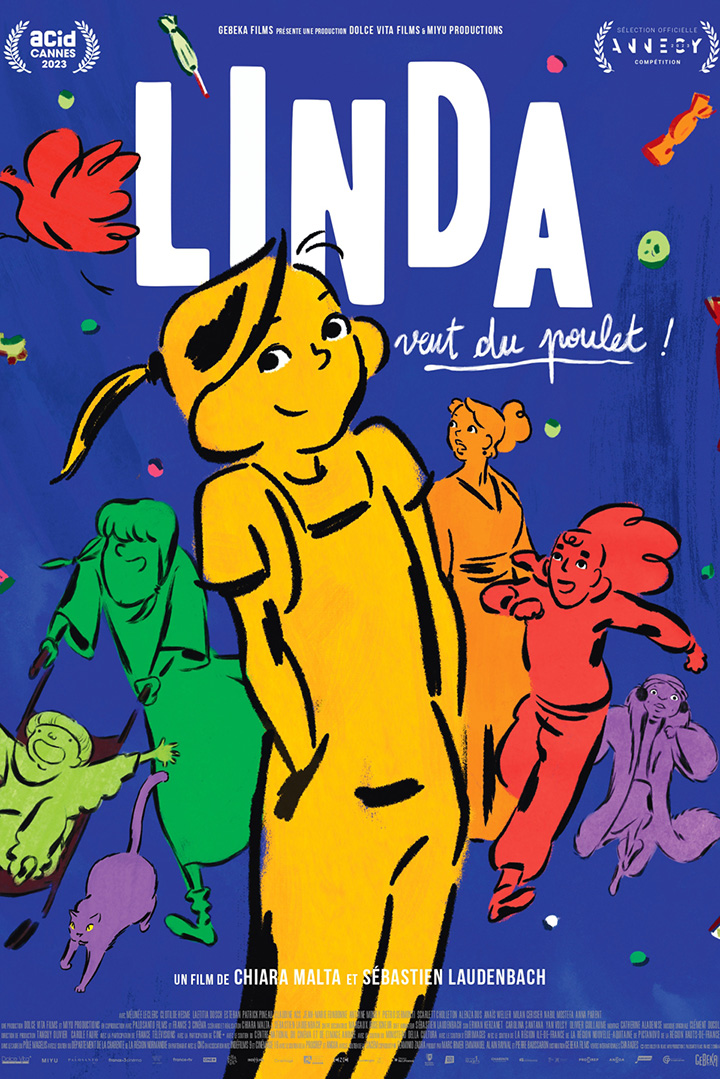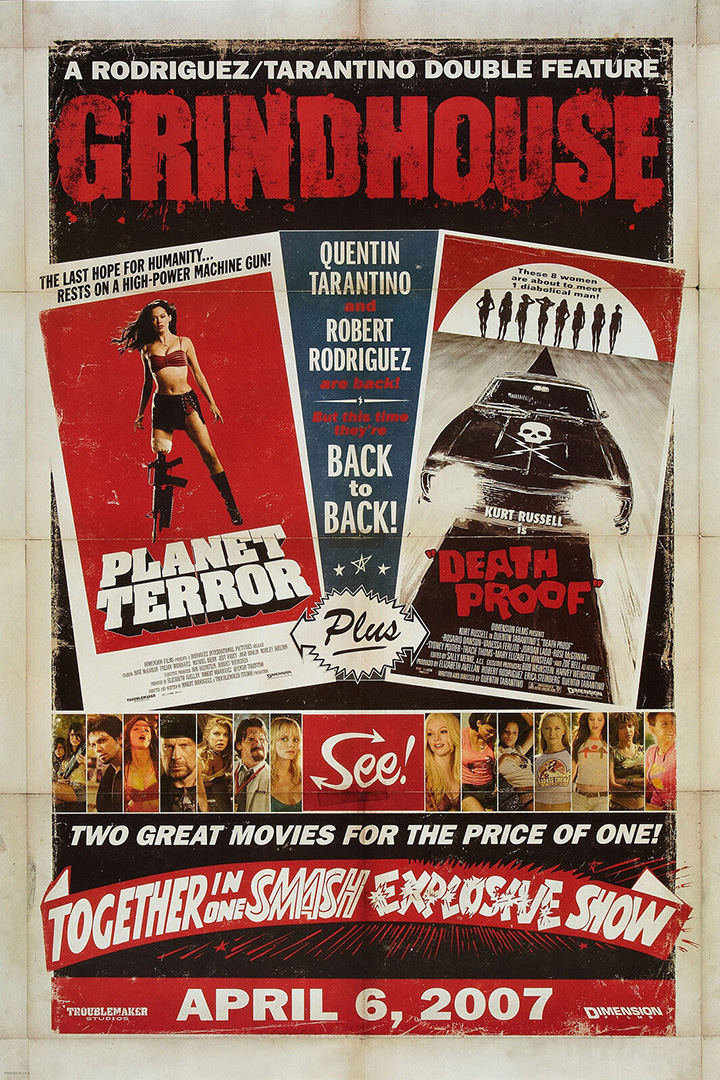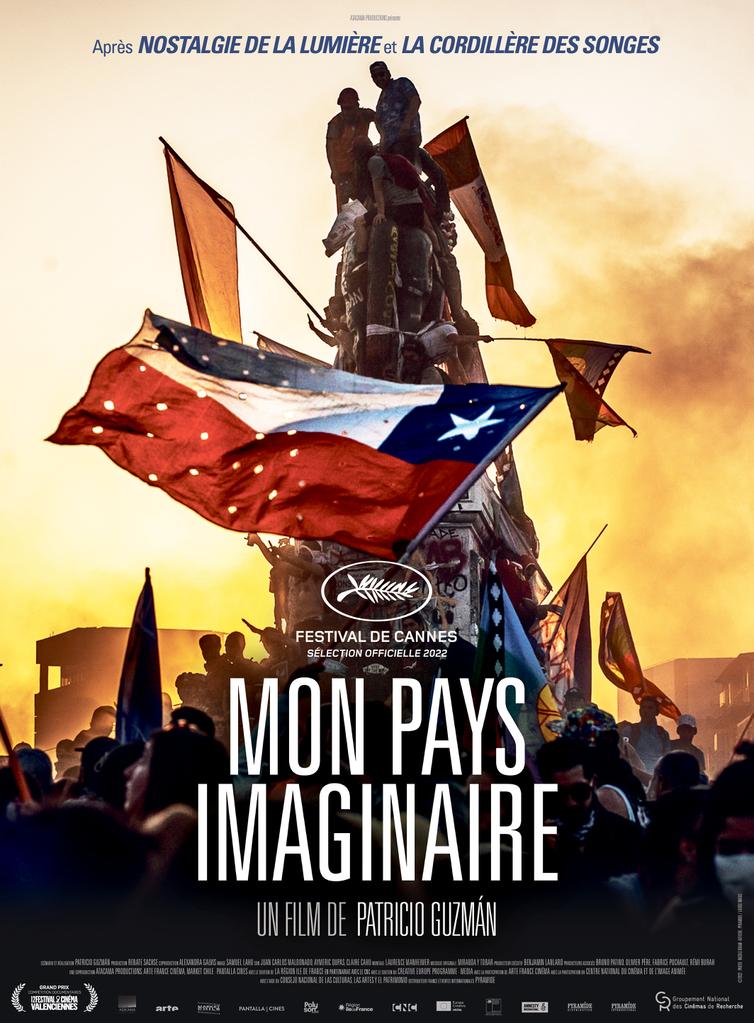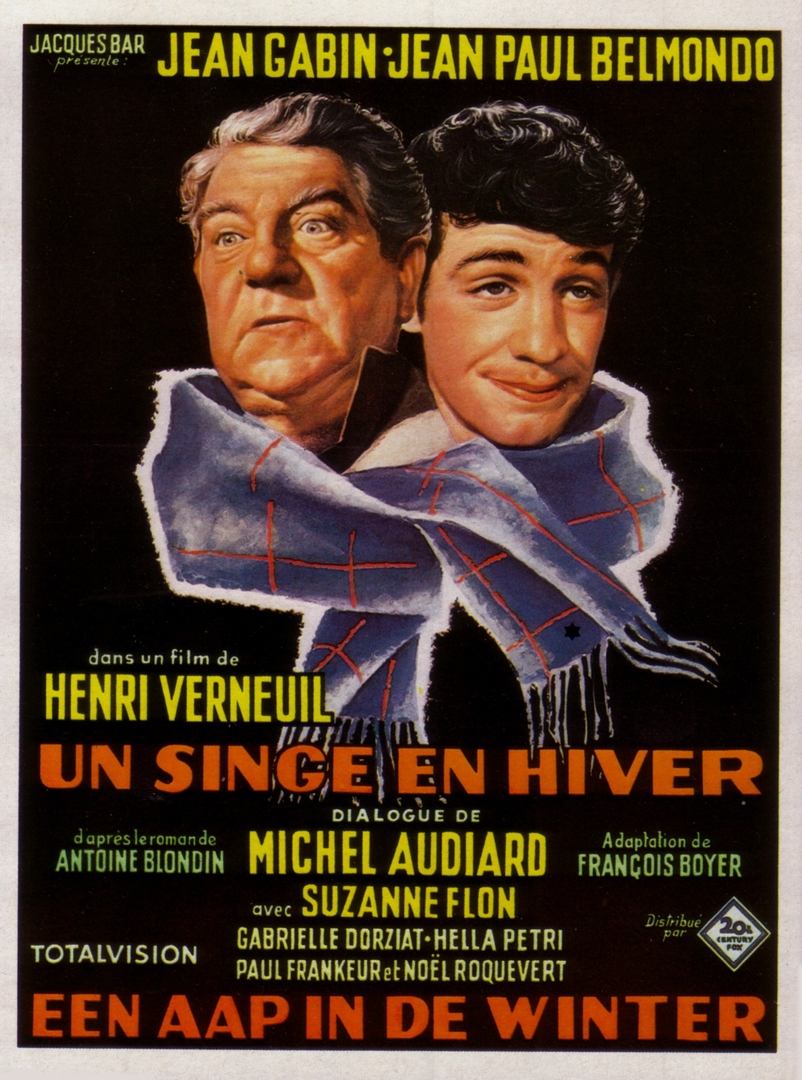Gangs of New York
If certain decades of American cinema are immediately identifiable, this is not quite the case for the 1990s and early 2000s, which form a sort of continuum of films straddling two centuries. It is as if the idea of a new era was an occasion for the American cinema to search for and reinvent itself, between the blockbuster era of the 1990s and the digital revolution that began in the 2000s. While some big names prove that they have not said their last word (David Lynch, Martin Scorsese, Terrence Malick), young filmmakers begin their career (Quentin Tarantino, Michel Gondry, Gus Van Sant), confirm their talent (Todd Haynes, Gregg Araki, Steven Soderbergh) or make the highlight of their filmography before disappearing (Tony Kaye, Lodge Kerrigan). Still, there is an undeniable pleasure in revisiting some of the major works of this moment, oscillating between new imaginations, a taste for quotes and the reappropriation of some cinematic styles.
As gang warfare dictates 1860s New York, an orphan seeks revenge against his father's killer.
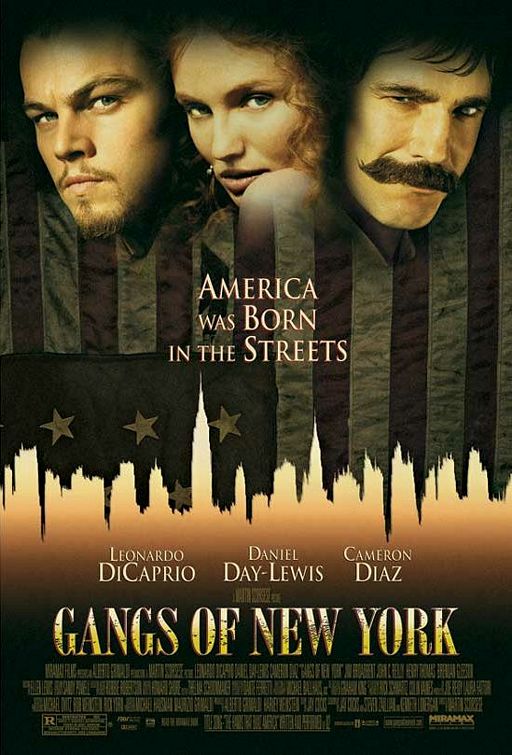
Martin Scorsese
Martin Scorsese is an American filmmaker, actor, screenwriter, and producer. His body of work explores themes such as Italian-American identity, Catholic concepts of good and evil, guilt, redemption, faith, machismo, nihilism, crime, perdition, and violence. A major figure of the New Hollywood era, Scorsese is widely regarded as one of the greatest and most influential American filmmakers of his generation, thanks to classics such as Taxi Driver, Raging Bull, Mean Streets, and Casino, as well as Goodfellas, Gangs of New York, The Wolf of Wall Street, and many more. He has also dedicated his life to film preservation and film restoration by founding the nonprofit organization The Film Foundation in 1990, as well as the World Cinema Foundation in 2007 and the African Film Heritage Project in 2017.
